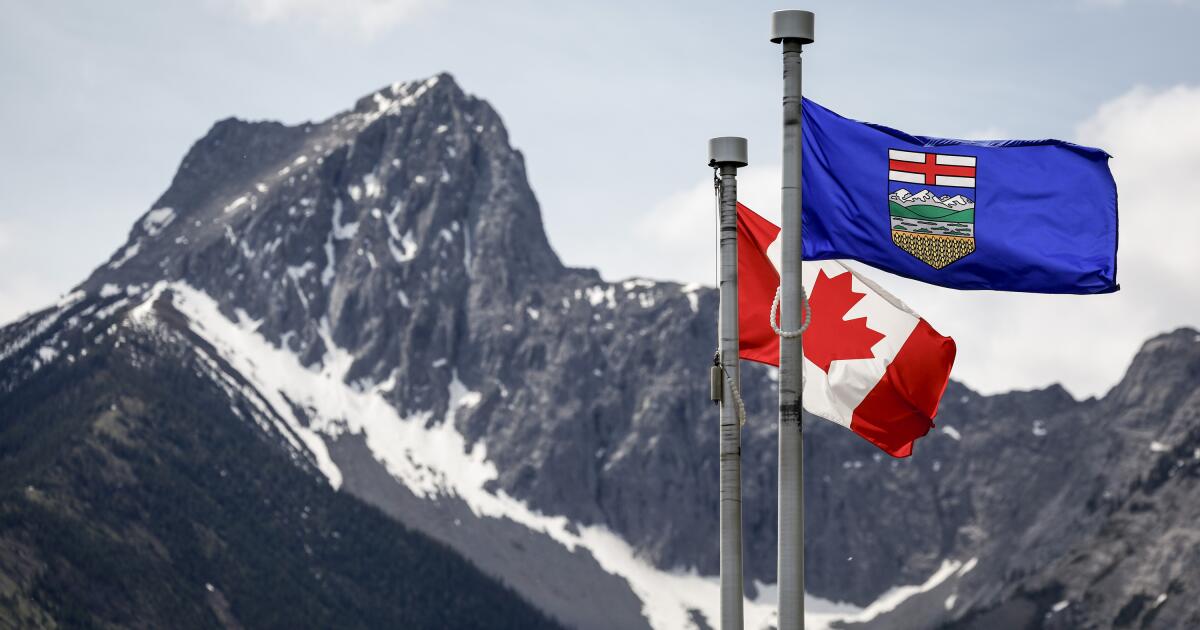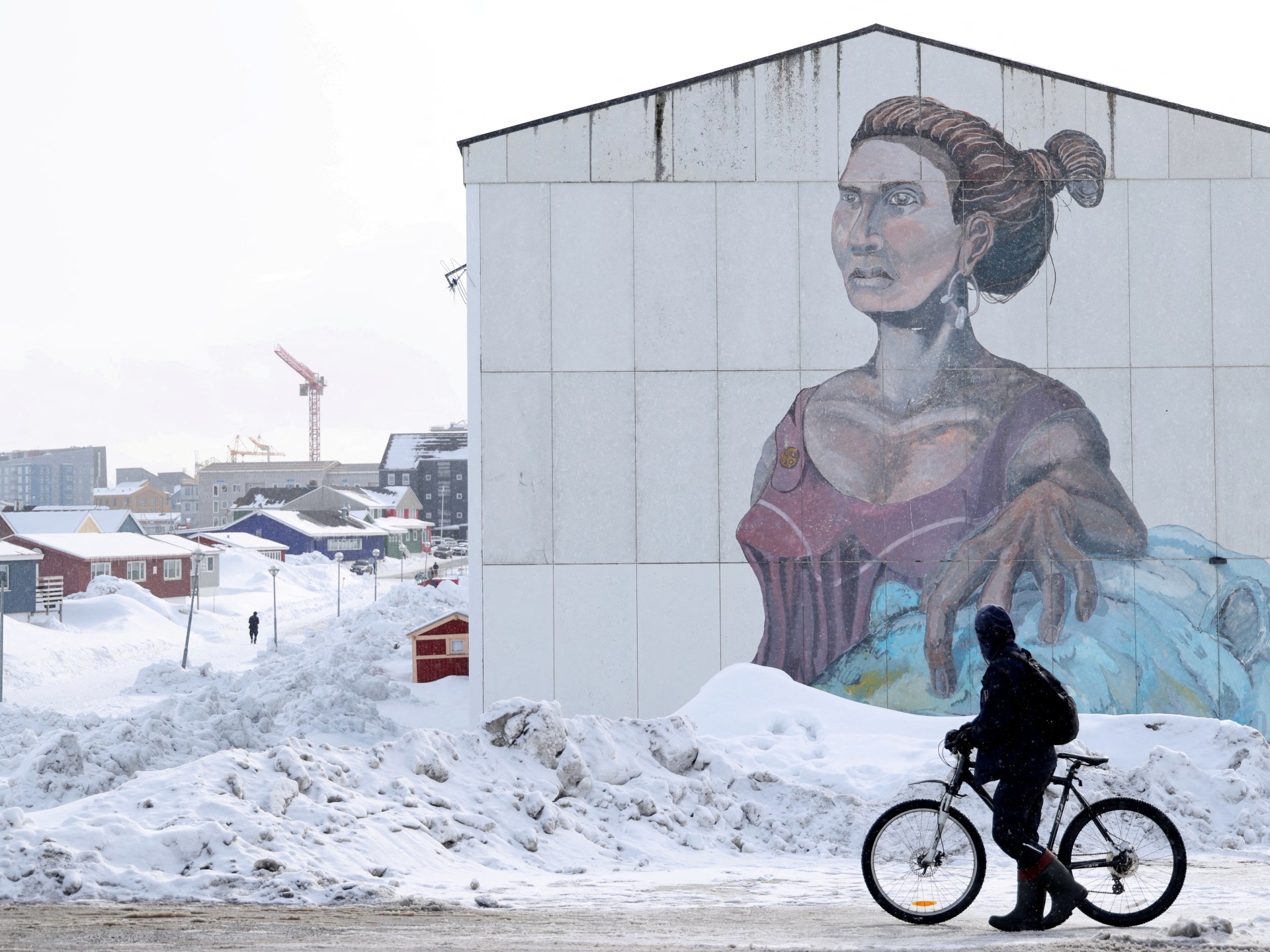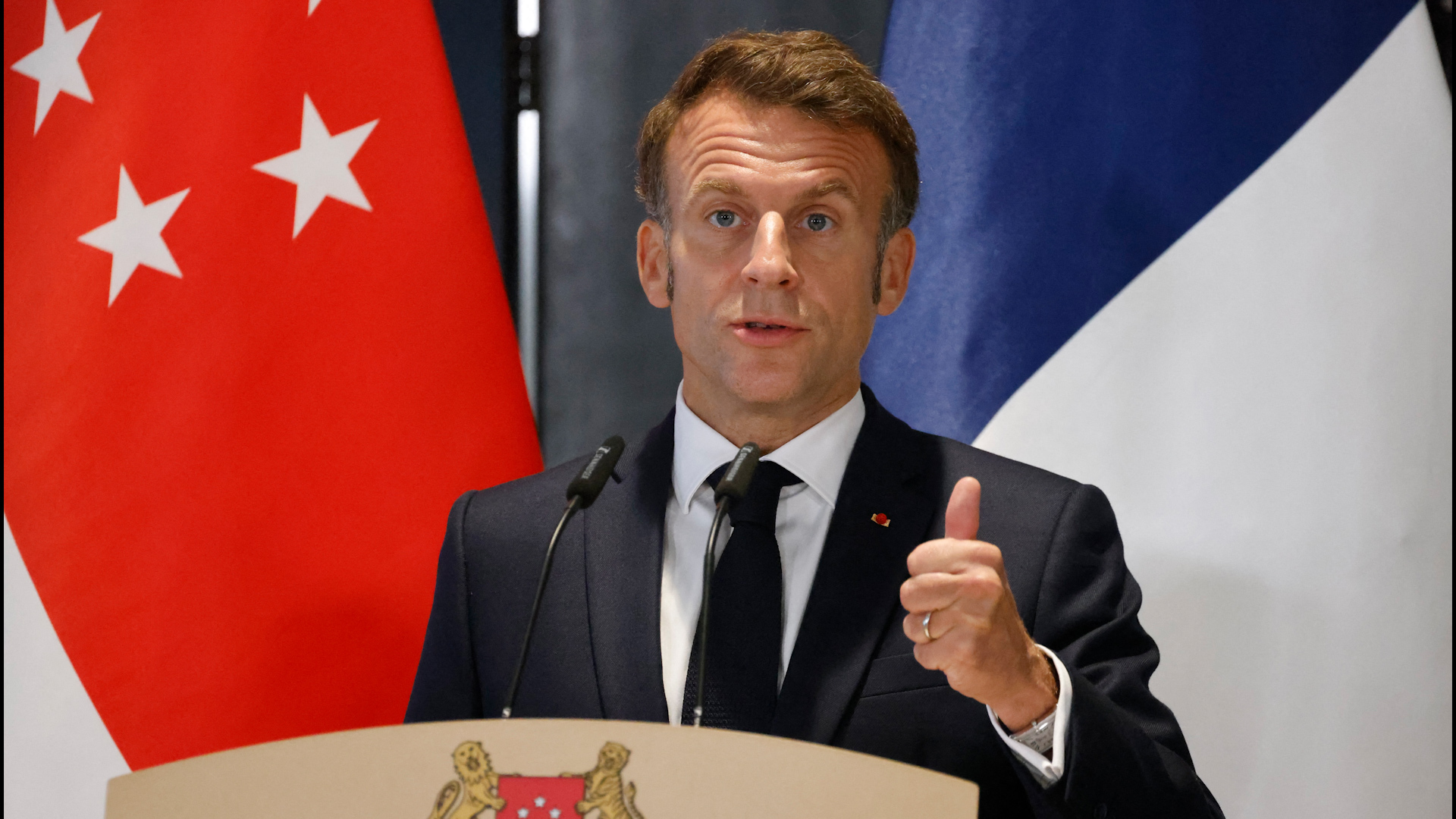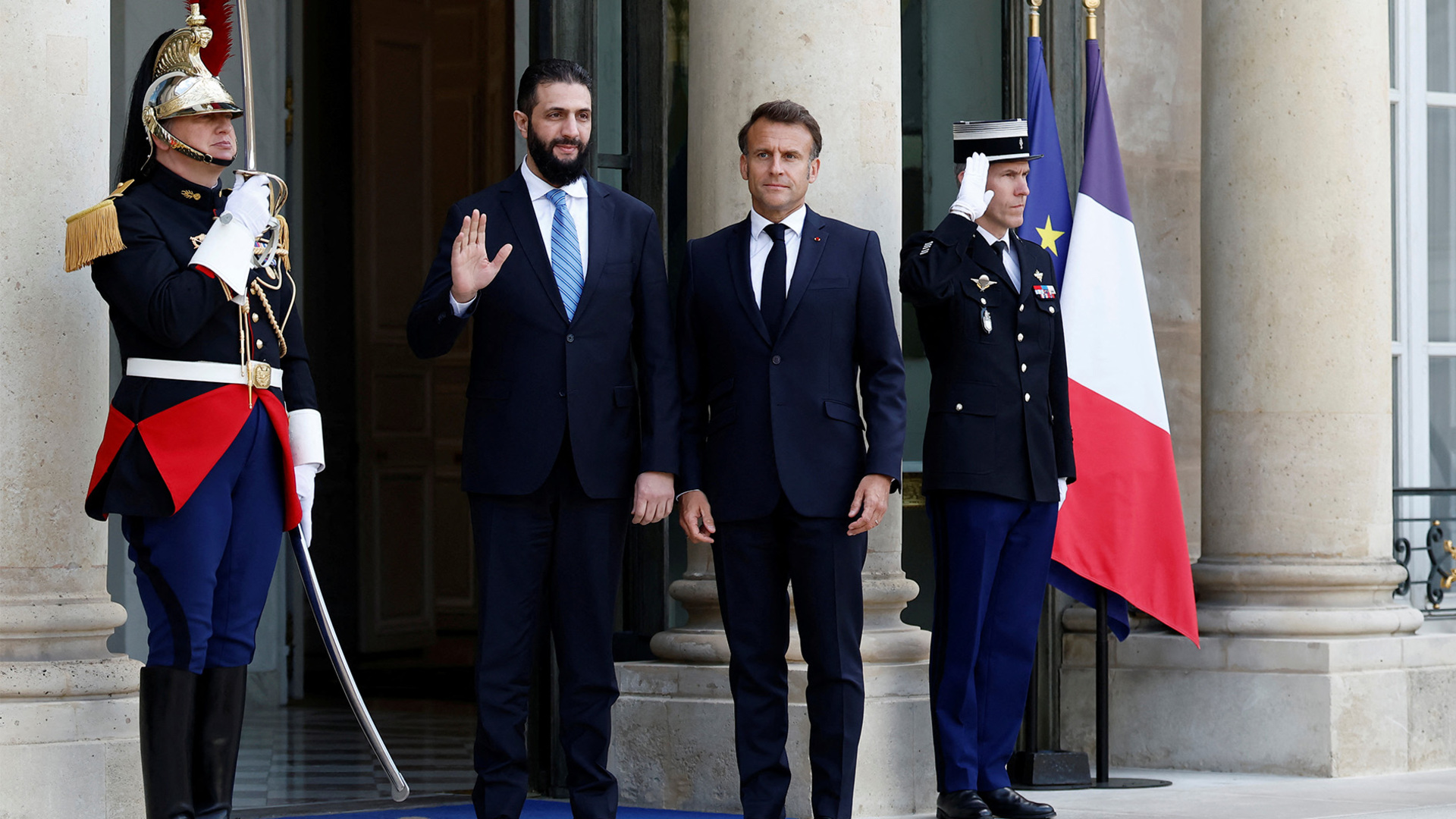As Trump goes to G-7 summit, other world leaders aim to show they’re not intimidated
WASHINGTON — President Trump has long bet that he can scare allies into submission — a gamble that is increasingly being tested ahead of the Group of Seven summit beginning Monday in Canada.
He’s threatened stiff tariffs in the belief that other nations would crumple. He’s mused about taking over Canada and Greenland. He’s suggested he will not honor NATO’s obligations to defend partners under attack. And he’s used Oval Office meetings to try to intimidate the leaders of Ukraine and South Africa.
But many world leaders see fewer reasons to be cowed by Trump, even as they recognize the risks if he followed through on his threats. They believe he will ultimately back down — since many of his plans could inflict harm on the U.S. — or that he can simply be charmed and flattered into cooperating.
“Many leaders still seem intimidated by Trump, but increasingly they are catching on to his pattern of bullying,” said Jeremy Shapiro, research director at the European Council on Foreign Relations. “In places as diverse as Canada, Iran, China and the EU, we are seeing increasing signs that leaders now recognize that Trump is afraid of anything resembling a fair fight. And so they are increasingly willing to stand up to him.”
In the 22 instances in which Trump has publicly threatened military action since his first term, the U.S. only used force twice, according to a May analysis by Shapiro.
World leaders feel comfortable standing up to Trump
Ahead of the G-7 summit, there are already signs of subtle pushback against Trump from fellow leaders in the group. French President Emanuel Macron planned to visit Greenland over the weekend in a show of European solidarity. Canadian Prime Minister Mark Carney has said the U.S. is no longer the “predominant” force in the world after Trump’s tariffs created fissures in a decades-long partnership between the U.S. and its northern neighbor.
“We stood shoulder to shoulder with the Americans throughout the Cold War and in the decades that followed, as the United States played a predominant role on the world stage,” Carney said this past week in French. “Today, that predominance is a thing of the past.”
The new prime minister added that with the fall of the Berlin Wall in 1989, the U.S. became the global hegemon, a position of authority undermined by Trump’s transactional nature that puts little emphasis on defending democratic values or the rule of law.
“Now the United States is beginning to monetize its hegemony: charging for access to its markets and reducing its relative contributions to our collective security,” Carney said.
Israel’s attack on Iran has added a new wrinkle to the global picture as the summit leaders gather to tackle some of the world’s thorniest problems.
A senior Canadian official said it was decided early on that the G-7 won’t be issuing a joint communiqué as it has at past summits — an indication of how hard it can be to get Trump on the same page with other world leaders. The White House said individual leader statements will be issued on the issues being discussed.
Speaking last month at a conference in Singapore, Macron called France a “friend and an ally of the United States” but pushed back against Trump’s desire to dominate what other countries do. Macron said efforts to force other nations to choose between the U.S. and China would lead to the breakdown of the global order put in place after World War II.
“We want to cooperate, but we do not want to be instructed on a daily basis what is allowed, what is not allowed, and how our life will change because of the decision of a single person,” Macron said.
Japanese Prime Minister Shigeru Ishiba pushed back against Trump’s agenda of levying higher tariffs on imported goods, arguing it would hurt economic growth. The Japanese leader specifically called Trump ahead of the summit to confirm their plans to talk on the sidelines, which is a greater focus for Japan than the summit itself.
“I called him as I also wanted to congratulate his birthday, though one day earlier,” Ishiba said.
Trump cares about being tough, but G-7 is a chance to reset relations
Sen. Jeanne Shaheen (D-N.H.), the ranking member of the Foreign Relations Committee, said the summit was an opportunity for Trump to “mend” relationships with other countries so China would be unable to exploit differences among the G-7.
She said other foreign leaders are “not intimidated” by Trump’s actions, which could be driving them away from tighter commitments with the U.S.
“The conversations that I’ve had with those leaders suggest that they think that the partnership with the United States has been really important, but they also understand that there are other opportunities,” Shaheen said.
The White House did not respond to emailed questions for this story.
Many leaders feel more confident that they can sidestep Trump’s threats
Having originally made his reputation in real estate and hospitality, Trump has taken kindly to certain foreign visitors, such as U.K. Prime Minister Keir Starmer, German Chancellor Friedrich Merz and Italian Prime Minister Giorgia Meloni.
Starmer has sought to keep Trump in line with Europe in supporting Ukraine and NATO instead of brokering any truces that would favor Russia. He has echoed the president’s language about NATO members spending more on defense. But in his Oval Office visit, Starmer also pleased Trump by delivering an invite for a state visit from King Charles III.
The German government said it, too, wanted to send a public signal of unity, saying that while Trump’s recent meeting with Merz at the White House went harmoniously, the next test is how the relationship plays out in a team setting.
There will also be other world leaders outside of the G-7 nations attending the summit in mountainous Kananaskis, including Ukrainian President Volodymyr Zelensky, whom Trump dressed down in the Oval Office.
Italy’s Meloni has positioned herself as a “bridge” between the Trump administration and the rest of Europe. But Italy’s strong support of Ukraine and Trump’s threatened tariffs on European goods have put Meloni, the only European leader to attend Trump’s inauguration, in a difficult position.
Mark Sobel, U.S. chair of the Official Monetary and Financial Institutions Forum, an independent think tank, said Trump’s “trade policies, backing for right wing European movements, seeming preference for dealing with authoritarians and many of his other actions are alienating our G-7 allies,” even if the U.S. president is correct that Europe needs to do more on defense.
But even as other G-7 leaders defuse any public disputes with Trump, the U.S. president’s vision for the world remains largely incompatible with they want.
“In short, behind the curtains, and notwithstanding whatever theater, the Kananaskis summit will highlight a more fragmented G-7 and an adrift global economy,” Sobel said.
Boak writes for the Associated Press. AP reporters Rob Gillies in Toronto, Mari Yamaguchi in Tokyo, Sylvie Corbet in Paris, Jill Lawless in London, Geir Moulson in Berlin and Nicole Winfield in Rome contributed to this report.



